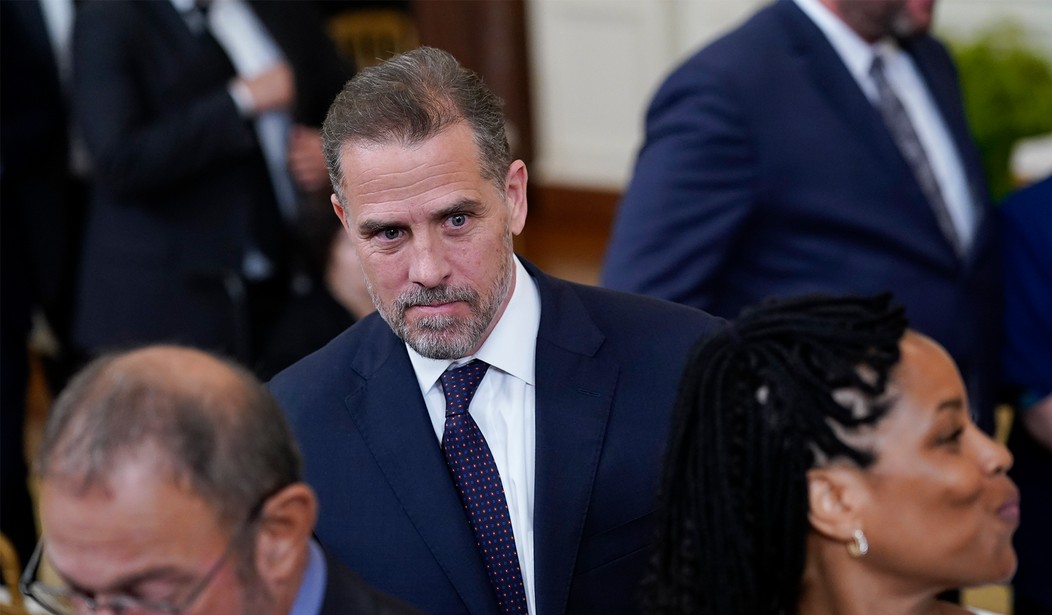It’s taken nearly four years for the Department of Justice to investigate Hunter Biden based on the files discovered from his laptop, among other evidentiary sources. Now the decision on whether to charge Joe Biden’s son — and when — rests with Attorney General Merrick Garland, DoJ sources told CNN yesterday. The investigation has narrowed, CNN reports, to tax and weapons violations, but Garland could boot the whole case until after the midterms.
Jake Tapper seems skeptical of the election-proximity guidance when it involves someone who’s not a public official at all, and only tangentially relates to an official who’s not on the ballot:
The federal investigation into Hunter Biden’s business activities is nearing a critical juncture as investigators weigh possible charges and prosecutors confront Justice Department guidelines to generally avoid bringing politically sensitive cases close to an election, according to people briefed on the matter.
While no final decision has been made on whether to bring charges against President Joe Biden’s son, sources say the probe has intensified in recent months along with discussions among Delaware-based prosecutors, investigators running the probe and officials at Justice Department headquarters. …
Discussions recently have centered around possibly bringing charges that could include alleged tax violations and making a false statement in connection with Biden’s purchase of a firearm at a time he would have been prohibited from doing so because of his acknowledged struggles with drug addiction.
Garland might “follow the book,” as Evan Perez states, in delaying an indictment until after the midterms. That would make the third successive election cycle missed in an investigation that doesn’t have any ties to an active candidate, however:
Also potentially in play are Justice Department guidelines governing politically sensitive investigations during an election year. Current and former Justice Department officials say there is an unwritten rule that prosecutors avoid bringing politically sensitive cases within 60 days of an election.
Some current and former Justice officials have debated whether the rules necessarily apply in this instance since Joe Biden isn’t on the ballot in the midterms.
Neither is Hunter, as Tapper points out. So why would this apply, except as a favor to Garland’s boss and his political party? This already seems like an inordinately long time for a criminal tax probe, let alone the weapons charge. Did it really take four years to determine that Hunter possessed a firearm at a time when such possession was prohibited? The DoJ has had documentary proof of that for well over a year, at least.
The DoJ guidelines make sense when dealing directly with candidates for office, and perhaps to spouses of candidates, in the weeks before an election. Neither applies in this case. If the DoJ has a case, it should fish or cut bait. Either file an indictment or close the case entirely. And from what we’ve already seen from the same sources, a decision to close this case entirely would look mighty suspect.








Join the conversation as a VIP Member